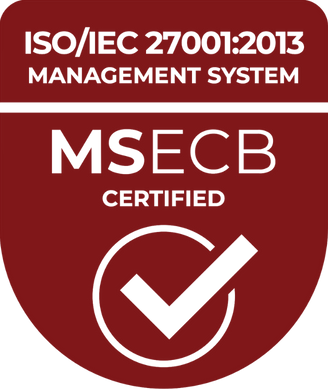How AI and digital tools are reshaping the role of the consultant
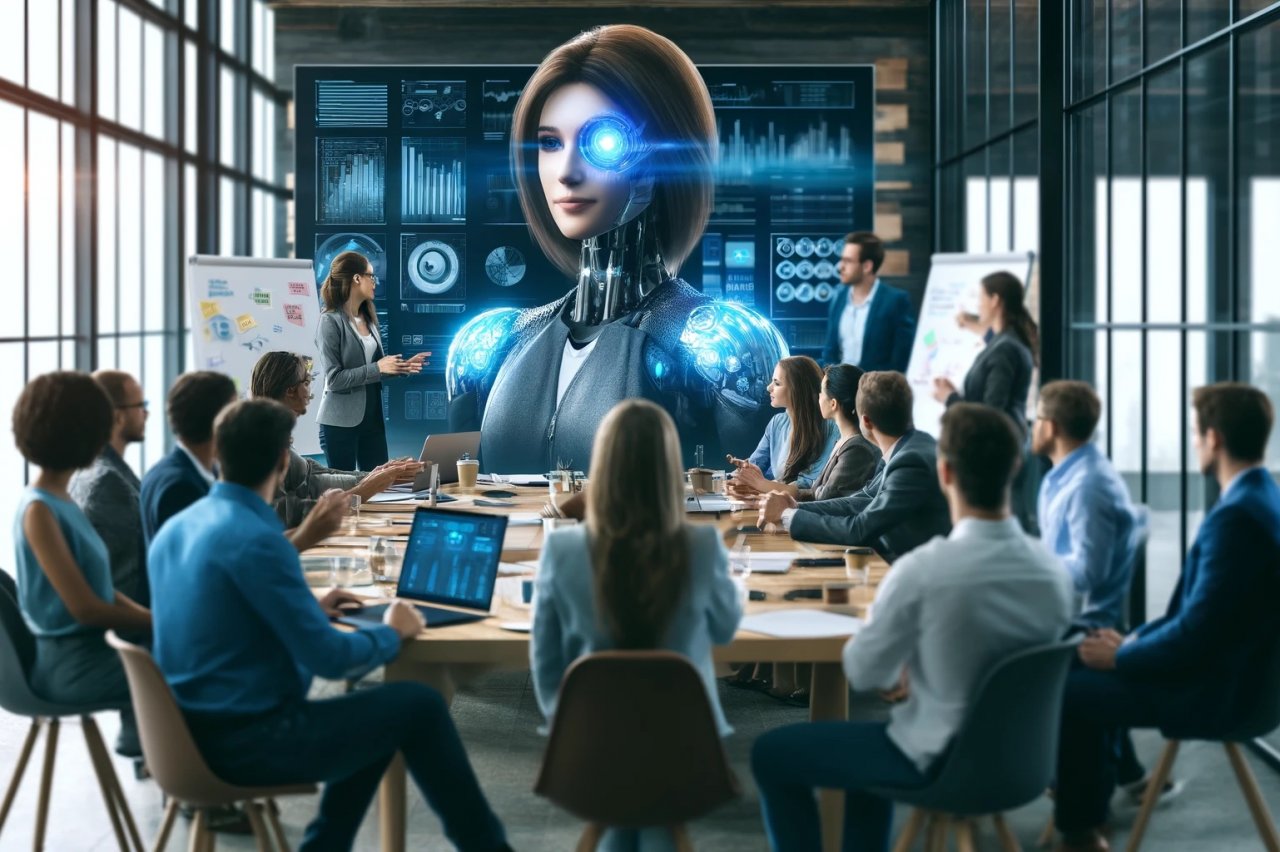
In the first three parts of our series on the hybrid consultant, we explored the transformations that new technology, such as AI and digital tools, brings to the consulting industry. Additionally, we’ve discussed how these can create increased value for both clients and companies. We’ve seen how these tools integrate into our core processes and shape our professional roles.
In the fourth post out of five, we shift focus to delve into the core of what it means to be a hybrid consultant. Here, we explore the critical dynamics of collaboration between humans and machines, based on how the consultant’s role is reshaped.
Before we delve deeper into the consultant’s new role, let’s first reflect on how this collaboration between humans and machines might actually affect us. Changes in technology not only require new skills but also influence our professional identity and work processes. How, for example, will this shape our attitudes and workplace processes? It’s a vital discussion that we need to be part of.
Balancing the efficiency of technology with human creativity
Research from Stanford University and their Institute for Human Centered AI illustrates that machines’ ability to handle large amounts of data combined with humans’ ability to interpret and apply this information in complex contexts creates a new form of workforce dynamics. Other articles under the theme ‘The future of work’ from Harvard Business Review emphasize how important it is to develop new and human skills among consultants to effectively integrate AI into consulting processes, highlighting the need for continuous education and adaptability. It is clear that our future lies in balancing the efficiency of technology with human creativity and insight.
One aspect of digitization and AI is that the automation of time-consuming and repetitive tasks frees up consultants’ time. Another is the power of the tools, for example, in analyzing data and identifying patterns. Both of these aspects enable deeper human involvement where creativity, judgment, experience, and relationship-building are at the forefront. Let’s explore how this dynamic plays out in various dimensions of consulting work:
1. Human capability ensures and enhances the effectiveness of AI
In the collaboration between humans and AI, it’s the human’s unique ability to interpret and understand contexts that becomes crucial. AI contributes with its capacity to quickly process large amounts of data, which, when combined with human insight, enables faster and deeper analyses and solutions that meet our clients’ specific needs.
2. Let human judgment guide AI
Our role as hybrid consultants involves not only validating data from AI tools but also adapting and further developing this information so that it resonates with and is relevant to our clients’ unique contexts.
3. Human learning enhanced by AI
Through AI-enhanced learning, our knowledge and skills are constantly renewed, keeping us at the forefront of technical and industry-specific trends. AI platforms have the ability to offer tailored learning programs that adapt to our performance and needs, enhancing both competence and performance. For instance, Duolingo, one of the world’s largest educational platforms, excels in this type of individualized adaptation. We haven’t seen many examples of platform-based personalized learning yet, but it’s likely to become a common phenomenon in the near future. We’re building our own SaaS service for transformations, Changemkr, with this in mind.
4. Ethical guidelines for AI, a human priority
Establishing ethical principles is fundamental in our use of AI. As consultants, it’s our responsibility to ensure that the technology is used not only effectively but also responsibly, fairly, and tastefully. This means actively shaping and maintaining clear guidelines that respect individuals’ privacy and rights, and constantly engaging our clients in these discussions to promote transparency and trust. This is a new area for many leadership roles. It requires management to understand the importance of actively addressing these issues.
5. Social skill is key in all change management
Lastly, the most important of all. Our ability to use social and relational skills is crucial in all change processes, making human skills the most valuable resources to navigate and successfully implement these complex tasks. Understanding what a business, a team, or an individual needs and helping to continuously create conditions to assist the client in reaching their goals is central. An example of this is being able to determine when a process needs to slow down. Digital tools can sometimes accelerate processes to a degree where people can’t keep up, which can reduce the effectiveness of change work. Allowing time for individuals to digest information and actively contribute is often necessary for sustainable transformation. In all change efforts, it’s the human aspects that pose the greatest challenges. People often make tasks complex. Successfully navigating these human landscapes is one of the consultant’s most important contributions.
As we see it, the future of consulting is not just about adapting to new technology—it’s about creating a new collaborative dynamic where both humans and technology contribute to reaching new heights. We are facing an exciting future where our ability to integrate these two worlds will define our success.
Exploring new territories
In the series’ next and final post, we delve into what the future and transition mean for the consulting industry. We also discuss how consulting firms work in closer symbiosis with AI and other technologies, and the path towards becoming hybrid consulting firms. We explore the changes needed to adapt and how we as consultants and consulting firms must develop our working methods and strategies. Additionally, we will offer you the opportunity to sign up for our hybrid consulting program, where we together explore these new frontiers.
Until we meet again, reflect on what human aspects you need to develop as technology takes a larger role in your deliveries. How is this applied in your work and your strategies? What challenges and opportunities do you see in combining human dimensions and capabilities with AI technology? We encourage you to share your thoughts and questions, which can help us all grow and better adapt in this changing industry.
Join the discussion here. We look forward to exploring these new opportunities together with you.
/Joakim Jansson and Johan Forsberg, DigJourney
Webinar: How Will AI Impact the Consulting Industry?
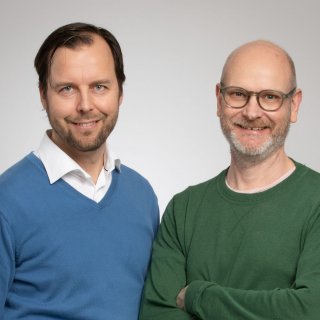
Guest Blogger - Joakim Jansson and Johan Forsberg from DigJourney
Guest Blogger - Joakim Jansson and Johan Forsberg from DigJourney
You may also like...
All posts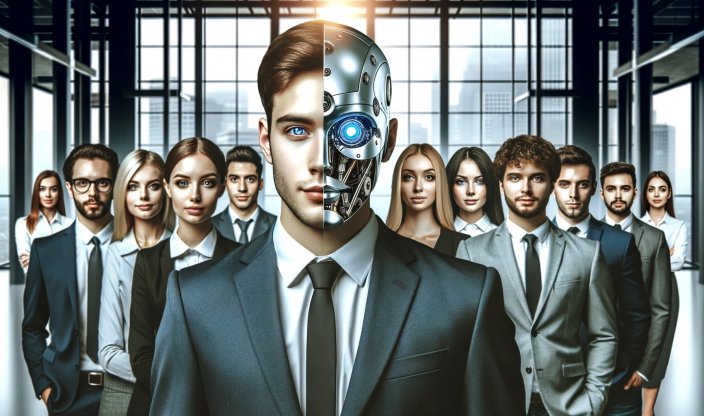
Jun 18 2024 · Consulting
Future-proof your business: steps towards an efficient, up-to-date, and sustainable consulting practice
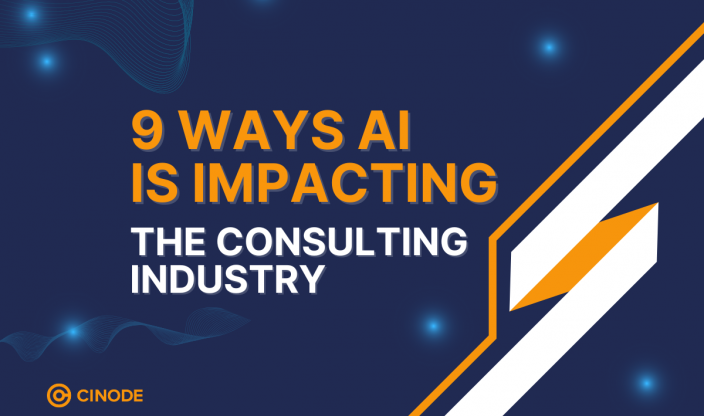
Jun 07 2024 · Consulting
9 Ways AI is Impacting the Consulting Industry

May 28 2024 · Consulting, Konsult
Who is best at equality, really?

May 24 2024 · Consulting
Cinode Launches Europe-wide Fishing Competition for Consultants and Consultancies
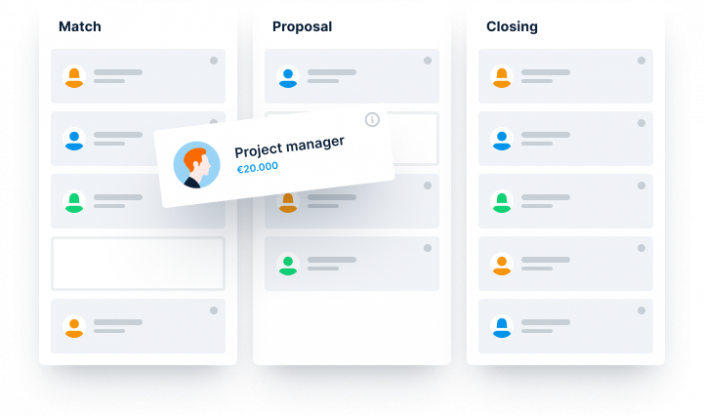
May 11 2024 · Consulting
Get insights about your unassigned consultants

Apr 30 2024 · Consulting
Generative AI in combination with other digital platforms is the hub of the hybrid consultant
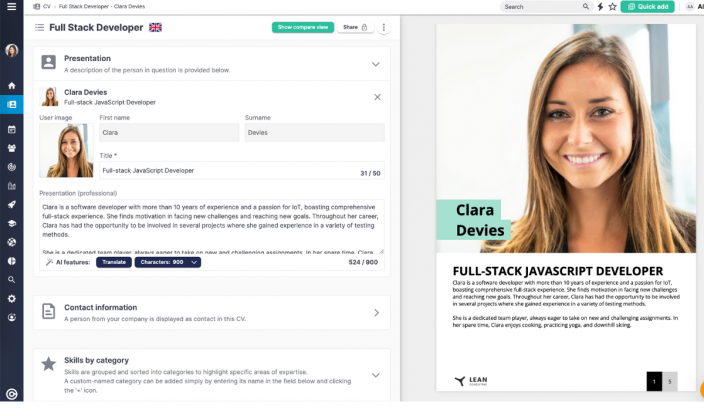
Apr 09 2024 · Cinode, Consulting
Your Consultant Resume on Autopilot with AI Support

Mar 28 2024 · Consulting
6 Easter Eggs to improve your Consultancy

Mar 26 2024 · Cinode, Consulting
8 Important Reasons to Expand Your Network of Subcontractors and Partners – And How to Do It!
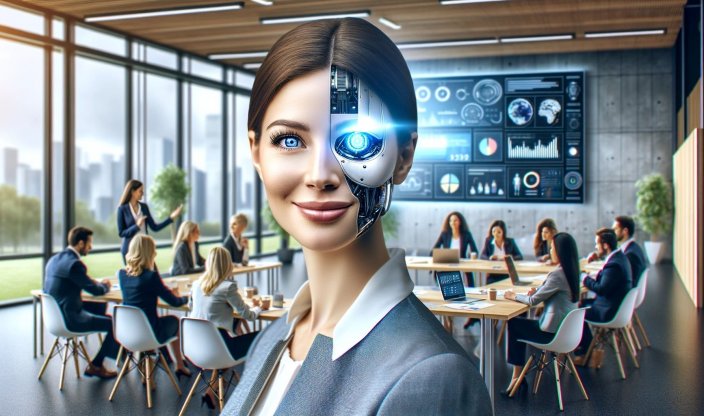
Mar 19 2024 · Consulting
The hybrid consultant creates greater value for the customers, themselves, and the consulting company
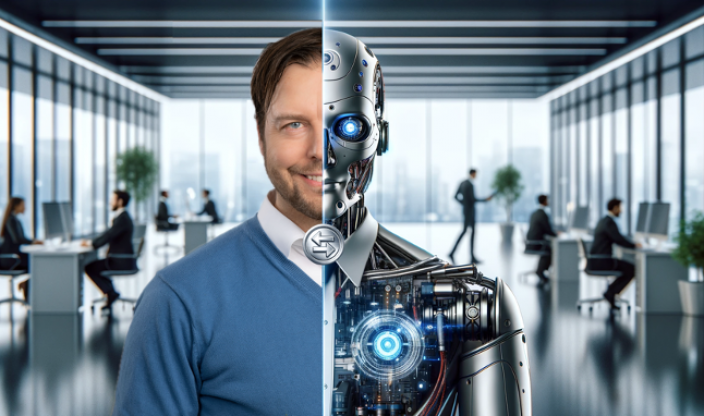
Mar 12 2024 · Consulting
Soon we all have to become hybrid consultants

Feb 08 2024 · Consulting, Entrepreneurship
